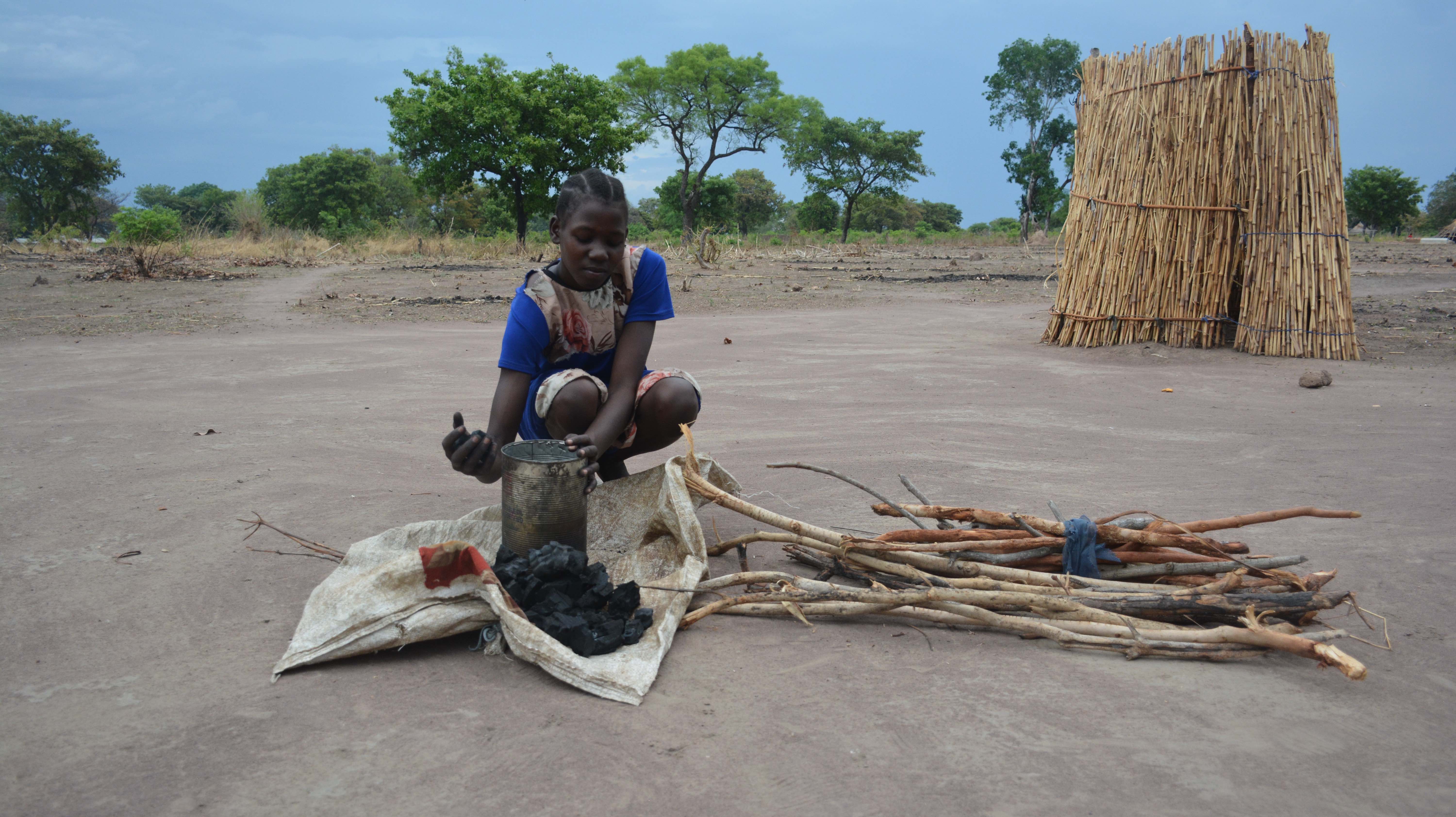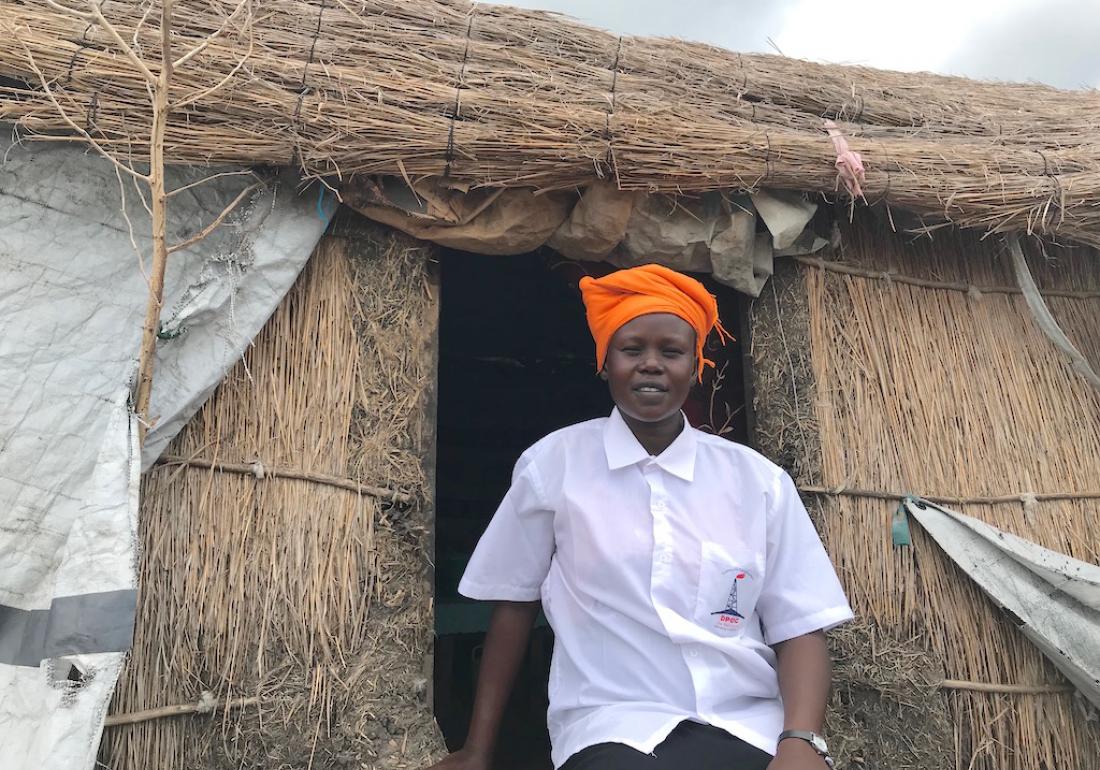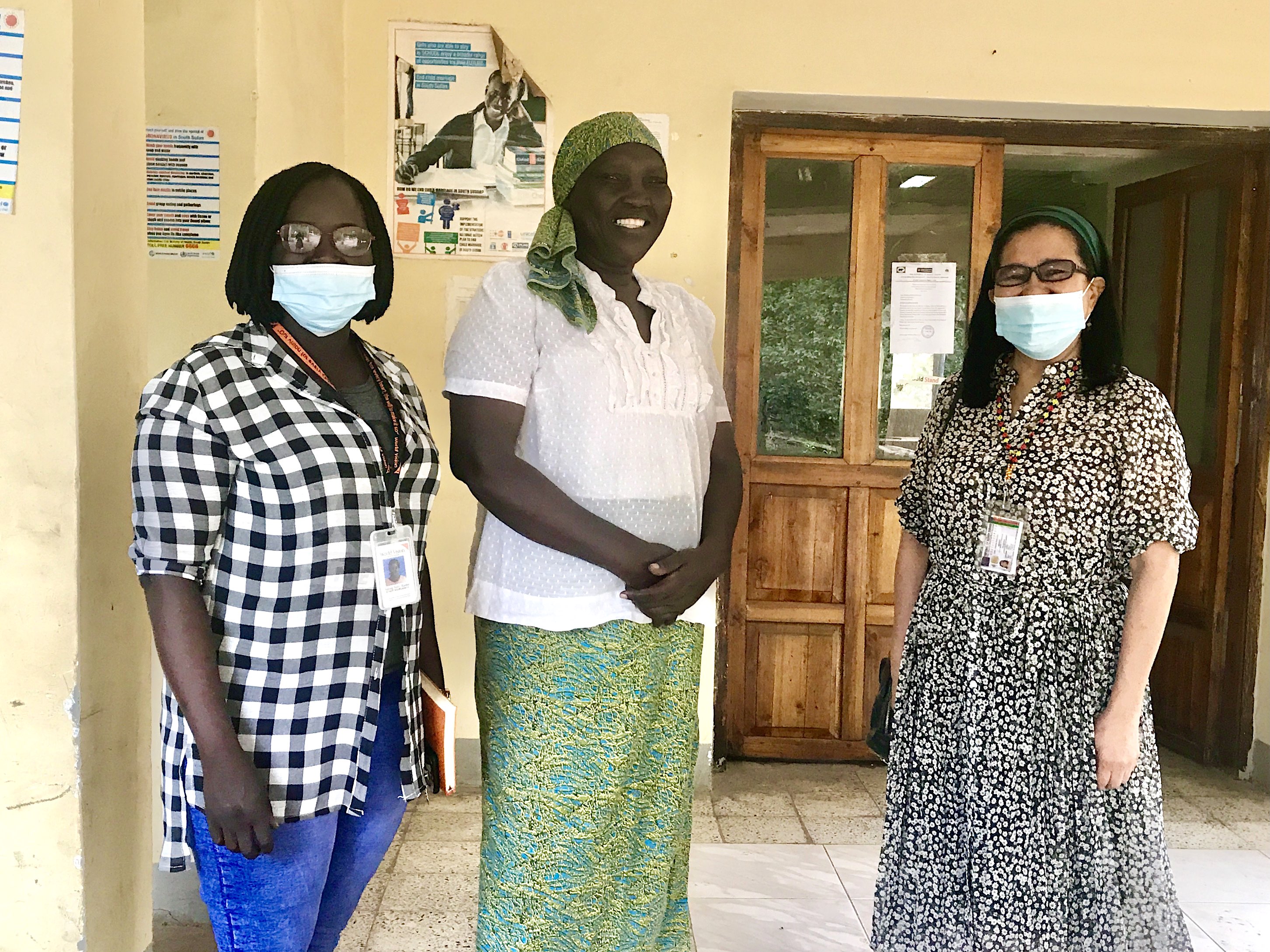Odds are stacked high for a South Sudanese child, we need to act says child welfare advocate

Juba, South Sudan – The State Ministry of Gender, Child and Social Welfare’s Director of Child Welfare Fidensia Poni calls upon parents, authorities, and organizations to provide more support to South Sudan’s children.
“We need a more vigorous awareness campaign to protect our long-suffering children. The issues they face are heartbreaking, we should work together to address them”, she says.
“A girl was once blamed and scolded by her parents after performing poorly in school. She was called dumb and slow-witted by her parents. She endured the verbal abuse until her mother overheard her talking to herself”, Poni recalls a story.

Poni continues, “The girl was telling herself that if her parents gave her food to eat before she goes to school, money for transport instead of walking on an empty stomach, and given time to study instead of doing the housework, she could have gotten good grades instead of failing.”
The mother told Poni she cried very hard hearing her daughter and was full of remorse when she realized they hardly gave her support and expected so much. Poni affirmed that many children in the country, especially girls, face child rights issues and abuses even within their households.

“This girl’s story is not an isolated case. Imagine the many achievers among our children in this country if they are supported well?”, she laments. The children’s situation worsened when 2.8 million dropped out before the COVID-19 pandemic and two million more when the schools were closed due to the lockdown.
We need to change the way we do things and involve children in discussions and activities that affect them. If we are to prepare them to lead this country in the future, we need to start guiding them early on and make them part of the initiative.
“The most vulnerable children need a break from their suffering, and going to school creates structure and normalcy when everything else is chaotic. The schools have protective walls against violence, abuse, and exploitation including harmful practices such as child marriage and early pregnancies”, states UNICEF Representative Hamida Lasseko in the annual report on the situation of children in South Sudan.

The UNICEF report underscored South Sudan as one of the world's most dangerous countries for a child. Without access to health care and nutrition services, one out of 10 children does not make it beyond their 5th birthday due to diseases like pneumonia and malaria.

Poni says, “A child who is late or absent from class can unfortunately be punished. But there is a story behind that, and every teacher should check before they do. The child could likely be sick, hungry, or told by parents to help earn money for food. Eventually, they drop out even if what they want is to go to school.”
“Awareness is important because the discrimination among girls starts at a young age. Girls often play as mothers taking care of babies or cleaning the house. It is almost a mind-conditioning that it will become our role when we grow up instead of becoming doctors, nurses, teachers or lawyers”, says World Vision’s Advocacy and Protection Manager Betty Adong.

Both women leaders agreed that the campaign to educate people on child rights should start with parents, schools, and community groups. Inspired and invigorated by World Vision’s campaign to end child marriage, Poni said she was struck by the lack of participation of children in many events and activities where their welfare and future are being discussed.
“I realized this at the online event World Vision recently conducted. We need to change the way we do things and involve children in discussions and activities that affect them. If we are to prepare them to lead this country in the future, we need to start guiding them early on and make them part of the initiative”, she concludes.

Story by Cecil Laguardia, Senior Manager for Advocacy and Communications